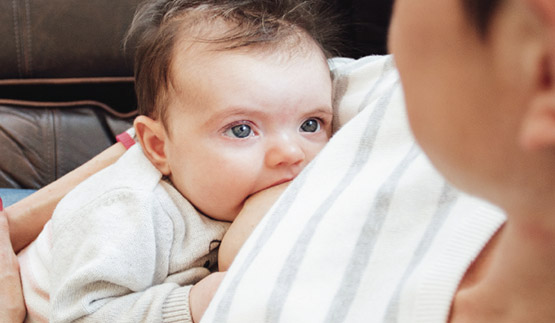


Liz Crowe
Liz Crowe is an experienced social worker who has spent her career in paediatric intensive care specialising in crisis, trauma and end-of-life care with children and families. In the last two years her focus has shifted to the wellbeing of health care professionals and has submitted a PhD thesis investigating the risk and protective factors for the wellbeing of health care professionals. Liz is a passionate and humorous educator who regularly speaks internationally and is an active podcaster. Liz is the successful author of The little book of loss and grief you can read while you cry.
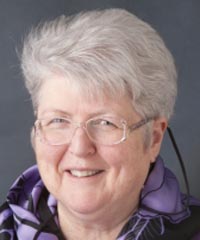
Maureen Minchin
Maureen Minchin is a medical historian and pioneer lactation consultant who has been involved globally at the highest levels with infant feeding issues since the 1970s. Her books Food for Thought (1982-1992) and Breastfeeding Matters (1985-1998) have been influential world-wide. Her latest book is Milk Matters: infant feeding and immune disorder. This multi-disciplinary text argues that a milk hypothesis encompasses the hygiene hypothesis, and documents the many risks and harms of artificial feeding, while also providing practical strategies for parents struggling with the unhappy food-hypersensitive babies common in communities where formula feeding is entrenched.
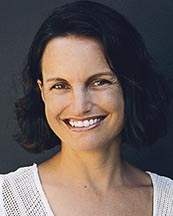
Anna Millichamp
Anna Millichamp is an Accredited Practising Dietitian and PhD scholar. After graduating with first class honors from Queensland University of Technology, Brisbane in 2009, Anna was awarded the highly sought after graduate placement at Sydney Children's Hospital (SCH) as a Paediatric Dietitian. It was during her work at SCH that Anna discovered her interest in paediatric feeding challenges and completed the Sequential Oral Sensory (SOS) Approach to Feeding training. In 2011 Anna departed SCH to move with her husband to Byron Bay where she commenced her private dietetics practice and worked as a Research Assistant at Queensland University of Technology on various projects. Anna commenced her PhD in 2012 but took leave to have her first child. During this leave, Anna rediscovered her passion for paediatric feeding issues. She returned to her PhD in June 2014 with her current research focus: Improving available evidence for feeding children with oral anatomical defects to achieve optimal nutritional outcomes and minimise feeding difficulties.

Valerie Verhasselt
Prof. Verhasselt is Director of the Larsson Rosenquist Foundation Centre of Research for Immunology and Breastfeeding at the Telethon Kids Institute. She trained at the Universite Libre de Bruxelles where she obtained the diploma of Medical Doctor, Specialist in Internal Medicine and a PhD in Immunology. With 20 years of experience in translational research on the impacts of breastfeeding on child immune development and health, she published a ground-breaking study on a novel concept for Malaria prevention through natural vaccination via breast milk. She has authored over 80 publications and speaks regularly at local and international scientific meetings.
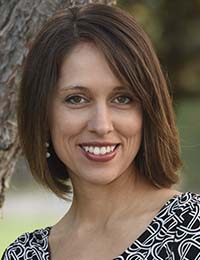
Meghan Azad
Dr Meghan Azad holds a Canada Research Chair in Developmental Origins of Chronic Disease. She is an Assistant Professor of Pediatrics and Child Health at the University of Manitoba. Her research program (www.azadlab.ca) is focused on the role of infant nutrition and gut microbiota in the development of asthma, allergies and obesity. Dr. Azad co-leads the Manitoba site of the CHILD Study (www.childstudy.ca), a national pregnancy cohort following 3500 children to understand how early life experiences shape lifelong health. She is directing multiple projects related to lactation and infant feeding practices in the CHILD cohort, including integrated studies linking human milk composition and gut microbiota with epigenetic profiles and clinical phenotypes. Dr. Azad is an active member of the Breastfeeding Committee of Canada and the Winnipeg Breastfeeding Network, and she serves on the Executive Council for the International Society for Research in Human Milk and Lactation.
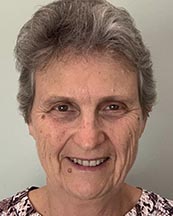
Joy Anderson
Joy has been an International Board Certified Lactation Consultant since 1991 and an active volunteer Australian Breastfeeding Association (ABA) counsellor since 1987. In 2008, she qualified as an Accredited Practising Dietitian from Curtin University of Technology, WA. In 2013, Joy was awarded Member of the Order of Australia for her service to the community through work for the Australian Breastfeeding Association.
Joy has a special interest in adverse food reactions in breastfed babies. In2016, Joy retired from a part-time private practice in Perth, WA. In this role, she was unique, being the only dietitian and IBCLC in private practice in Australia focusing on adverse food reactions in breastfed infants. In 2016 she also published a book about food-sensitive babies, which she recently updated with a second edition.
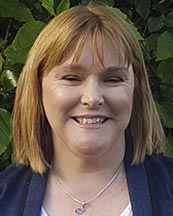
Dr Debbie Palmer
Dr Debbie Palmer is head of the Childhood Allergy and Immunology Research Group at the Telethon Kids Institute, Perth, Western Australia. The primary research focus for this research group is investigating nutritional and environmental strategies for allergic disease prevention. The research group conducts randomized controlled clinical trials, mechanistic studies, and translatable research activities, all with the goal of reducing the rising burden of early-life allergic diseases in our Australian community. Current trials focus on the immunomodulatory nutrients of vitamin D and prebiotics, and on maternal and infant food allergen consumption of eggs, peanuts and cashew nuts.